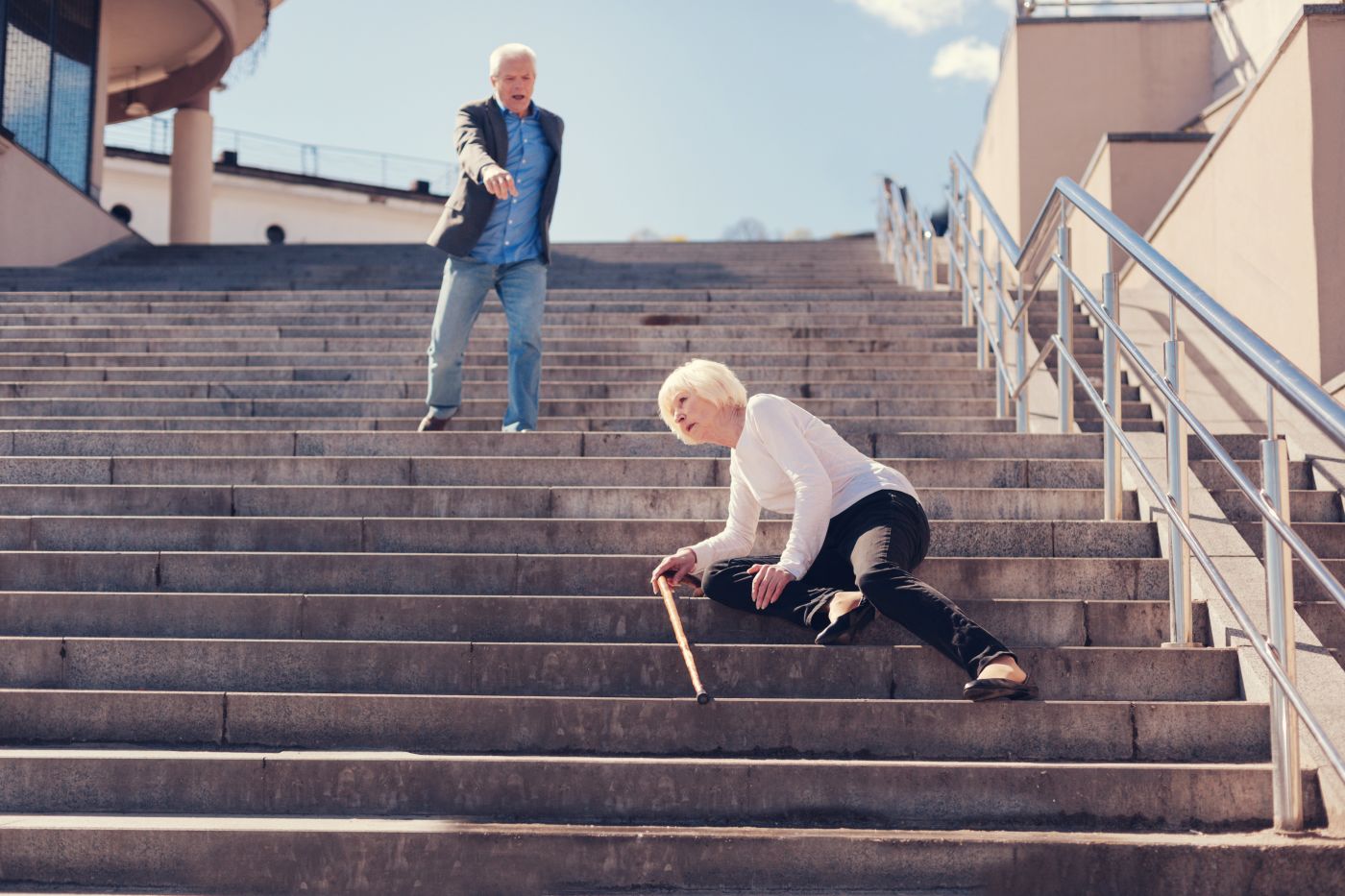
WHEN IS THE PROPERTY OWNER LIABLE FOR AN INJURY IN OHIO?
Property owners are required to use reasonable care in keeping a safe environment. If you are harmed or injured on someone else’s property, the property owner may be liable to you through premises liability.
Common examples of these types of accidents are a slip and fall at a restaurant or a postage carrier falling in your driveway. This article will discuss how to determine whether a property owner is liable when a person is injured on their property. The factors for determining premises liability in Ohio are duty, breach, damages, and causation.
To pursue a premises liability claim, you must prove that:
The property owner had a duty to keep their premises safe for you or to warn you of any dangers,
The property owner breached this duty,
You experienced damages, such as injury, and,
The property owner’s breach was the cause of these damages.
First, let’s discuss a property owner’s duty of care to the injured person.
DUTY OF CARE FOR TYPE OF VISITOR
The three main types of visitors are invitees, licensees, and trespassers. Let’s break them down.
Invitees—Typically, invitees are applicable to businesses. When a business operates, it essentially acts as an invitation for anyone to enter. A business has a duty to act with reasonable care toward its invitees by maintaining a safe environment and preventing foreseeable injuries. An example is when a business mops the floors and puts out “WET FLOOR” signs to prevent a foreseeable injury of an invitee slipping on the wet floor and falling.
Licensees—Licensees are typically guests in a private home. When having licensees, or guests, in their homes, owners have a duty to keep their home free from hazards or to warn guests of potential danger. For example, if there is a broken step outside your home that has not yet been repaired, you have a duty to warn your guests to watch out for it in order to prevent the foreseeable injury of them tripping on it. Licensees typically include mail carriers, gardeners, deliverymen, etc.
Trespassers—Trespassers are those that enter private property without permission. Property owners do not have a duty to prevent harm or warn of dangers, but they must not intentionally harm potential trespassers.
The main exception to these visitor types are children. If a property owner knows that children are likely to enter private property, there is a duty to warn, even if they are “trespassing.” This special duty to children is called the Attractive Nuisance doctrine. A common example of an attractive nuisance is having a swing set on property in a neighborhood with children. If there is some sort of poisonous plant near the swing set, the owner has a duty to warn children of the danger, with the knowledge that children are likely to use the swing set without express permission.
After identifying the specific duty of the property owner, the injured party must prove that the duty was breached by failing to provide the safe conditions and standard of care necessary. That unsafe condition must be the cause of injuries in order to sue for premises liability.
If you are injured on someone else’s property, business or otherwise, please give us a call at (614) 389-9711 to have your case evaluated today. There is a limited amount of time to file a lawsuit and get compensation for your injuries. The personal injury attorneys at DuPont & Blumenstiel will be by your side throughout the entire process. We will advocate for your claims fully and won't settle until a fair offer is reached - one that can bring you and your loved ones peace of mind.
